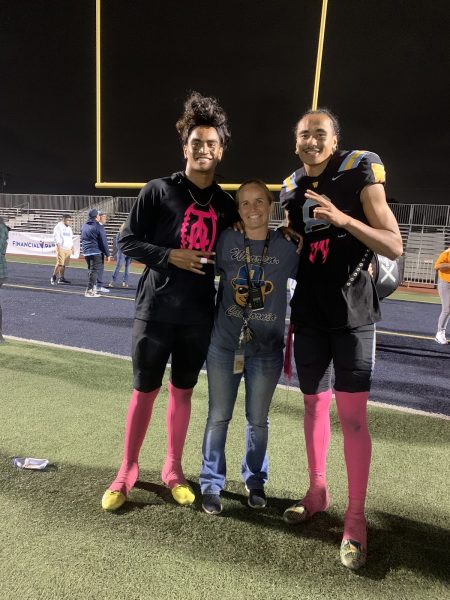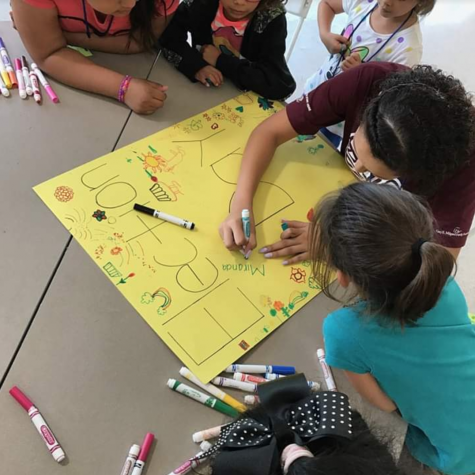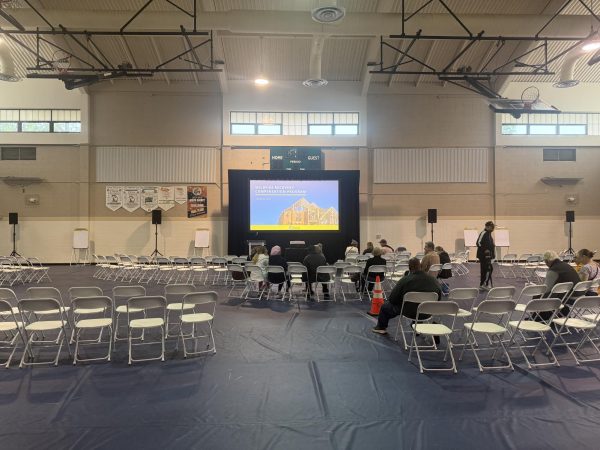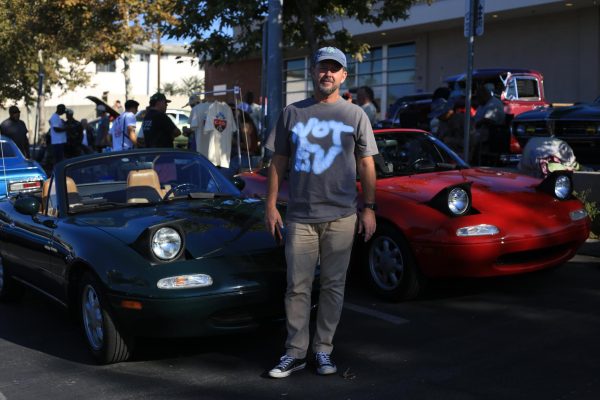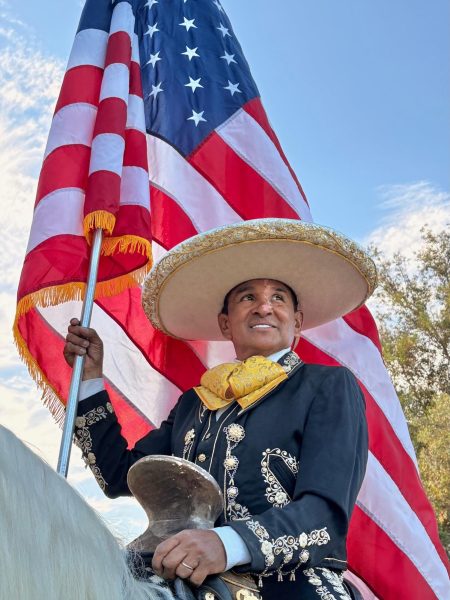Gender gaps in corporate America
Eastside residents reflect their careers and what can be done
Alhambra resident Karen Muranko had to wear dresses or skirts and at least two-inch heels while working as a secretary in corporate America in the late seventies.
Although a lot has changed since then, women remain underrepresented in the engineering, math and science workforce today, according to a 2022 report by the National Girls Collaborative Project. Women constitute 48% of the total workforce and 34% of the STEM workforce — with the smallest numbers in engineering, at 26%, and computer sciences, at 16%.
Muranko, now a 66-year-old woman, started working in corporate America when she was 23. She experienced gender stereotypes in her own career and life. When she worked at an accounting firm in downtown Los Angeles, for instance, she had to dress differently than the accountants there. She wasn’t allowed to wear pants.
“It was really shocking to me to be told what to wear and how to dress,” she said.
Muranko says that women that worked as accountants had to try to look as much like men as possible. They would wear suits and they had to look almost more professional than a man.
“We really had to fit a certain role of how we looked, how we acted in order to be taken seriously,” she said. “I remember they would also ask us questions such as if we were married, planning on getting pregnant, or if we had children because if you were going to get married or pregnant, they thought, ‘She’s not going to stick around so let’s not hire her.’”
Muranko said a lot of laws and policies have changed since those times but she thinks women are, in a way, still considered second-class citizens.
Gender discrimination based on gender stereotypes continues to exist even if there have been many policies to increase gender equality, according to a 2021 report in IIM Kozhikode Society & Management Review.
“Not only are there gender differences but there are also age stereotypes when it comes to women seeking careers,” Muranko said. “I met this 50-year-old woman who was trying really hard to find a job, but it was so hard because of her age, even if she had a lot more experience than people that were getting hired.”
El Sereno resident Michelle Favela, now a seasonal driver helper for UPS, has been a stay-at-home mom for most of her life. She currently has nine kids and six grandkids.
“I work with only men so far. They tell me all the time, ‘I will carry that box; it’s too heavy for you,’ which I really find offensive because I am strong,” she said. “Men seem to think that just because they are male they are stronger. I have raised nine children so that is pretty strong enough.”
Muranko believes these gender stereotypes can impact and change the choices women make when it comes to which career to pursue.
“When I went to high school, I was not told things like you could be an engineer, an accountant, or a scientist,” she said. “We were told things like you can be a teacher, a nurse, and a librarian.”
Gender stereotypes demotivate women in the workplace and tend to have a huge impact on women’s work performance and their aspirations for career advancement. When hiring women applicants, recruiters in organizations make judgments and their decisions are affected by gender stereotypes, according to Sex Discrimination in Simulated Employment Contexts: A Meta-analytic Investigation.
“When you look at scientific fields and you look at people in the age range of 40-60 years old, you see a lot more men than women,” Muranko said. “If someone told me when I was younger that I could be a mechanic, maybe I would have been a mechanic but that option was never given to me as a young woman.”
Opportunities are limitless for what a woman could choose to be but it’s not made clear to women or young girls that it’s possible, according to Muranko.
“If you’re not laying out all the…career options for a young woman, how is she supposed to know that she could make a choice to be an engineer? Fortunately, a lot of this is changing now,” she said. “I think, unfortunately, to a degree that a lot of young girls are still put into that stereotype of playing with dolls. I think parents need to start empowering their daughters at a younger age.”
Muranko believes more women would pursue careers such as computer science and engineering if there were no gender stereotypes.
“Give her options of both male and female-dominated careers,” she said. “Tell her she can be whatever she wants to be.”

Denis Akbari is a senior majoring in Computer Information Systems with a minor in Journalism and she works for the University Times as Digital Editor....



